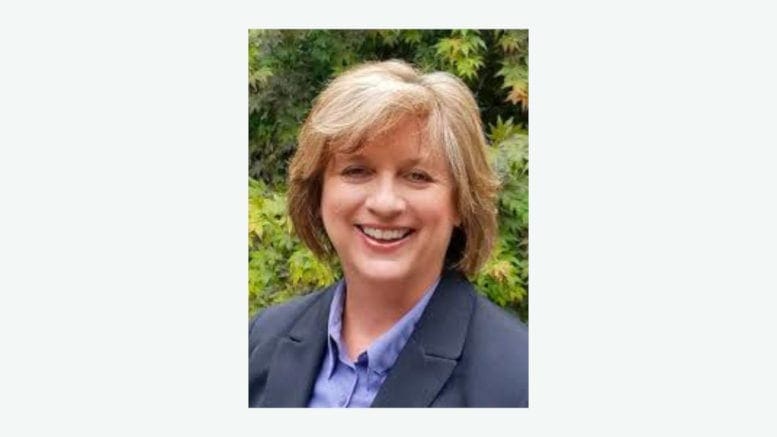By Melanie Dallas, LPC
If it seems I’ve written about recovery frequently over the years, it’s because recovery is essential to what we do at Highland Rivers Behavioral Health. Indeed, recovery is the very purpose of all the services we provide – and regardless of the challenges an individual night face, recovery is always possible.
As we recognize September as National Recovery Month, I want to take a closer look at recovery and how it can apply to anyone and everyone. Now, reading that, you may find yourself thinking, “Wait, I don’t have any mental health or substance use challenges, so how can recovery to apply to me?” It’s a valid question – and to answer it, let’s start by looking at what recovery means.
The Georgia Department of Behavioral Health and Developmental Disabilities (DBHDD) has developed this definition of recovery: “Recovery is a deeply personal, unique, and self-determined journey through which an individual strives to reach his or her full potential. Persons in recovery improve their health and wellness by taking responsibility in pursuing a fulfilling and contributing life while embracing the difficulties one has faced.”
A more streamlined definition, from the Substance Abuse and Mental Health Services Administration (SAMHSA), describes recovery as: “A process of change through which individuals improve their health and wellness, live a self-directed life, and strive to reach their full potential.”
You may have noticed these two definitions have a couple ideas in common. First is that recovery is a process (or journey) – it takes time and is ongoing. There is not a point where someone is “recovered,” but rather living a life in recovery.
Another key point is health and wellness, the idea that recovery includes both mental and physical health. We’ve long known that mental and physical health are inextricably linked, and that physical wellness also benefit mental wellness. That’s true for everyone.
Finally, both definitions describe an ultimate goal of individuals reaching their full potential, or at least striving to. While that’s a tall order – and a goal we might spend our entire lives working toward – the fact is most of us really do want to be the best version of ourselves, even as that changes over time.
But what is perhaps most notable about these two definitions of recovery is what they don’t say. Read them both again. Did you notice that neither one contains the word ‘diagnosis?’ In fact, neither mentions mental illness, substance use disorder or any other type of psychological or physical health problem. Does that seem odd? Do you find yourself wondering how you can live in recovery if you have nothing to recover from?
Certainly, if you struggle with mental health or substance use challenges, the principles of recovery can help you learn to manage these conditions, identify and build on strengths, and know where to seek support when needed.
But everyone struggles sometimes. All of us have faced challenges. Many people have had or will have a traumatic experience in their lives; almost everyone lives with stress. And while trauma and stress are not themselves mental health conditions, both can increase the risk of mental health struggles.
The fact is, you don’t have to have a diagnosis in order to live in recovery. There doesn’t have to be anything ‘wrong.’ Sometimes, life is just hard – we all know that. That’s the real beauty – and value – of “recovery:” anyone can apply the principles of recovery to their life, and can benefit from doing so.
So during National Recovery Month, let’s celebrate those individuals living in recovery with mental health or substance use challenges, but let us also embrace recovery on a personal level. Recovery is for everyone, and recovery is always possible.
Melanie Dallas is a licensed professional counselor and CEO of Highland Rivers Behavioral Health, which provides treatment and recovery services for individuals with mental illness, substance use disorders, and intellectual and developmental disabilities in a 13-county region of northwest Georgia that includes Bartow, Cherokee, Cobb, Floyd, Fannin, Gilmer, Gordon, Haralson, Murray, Paulding, Pickens, Polk and Whitfield counties.
